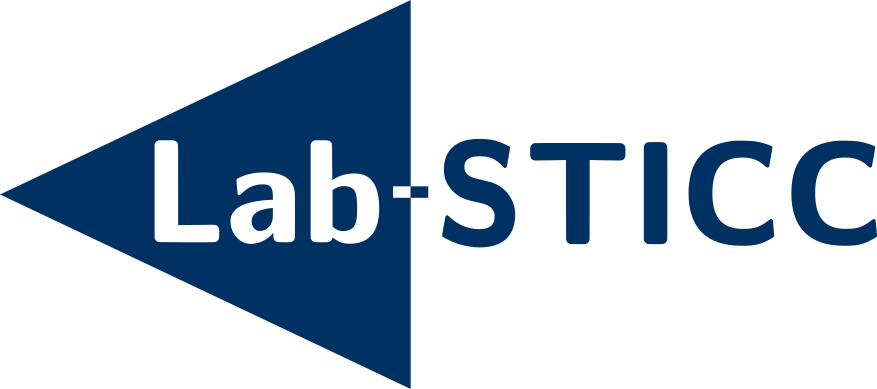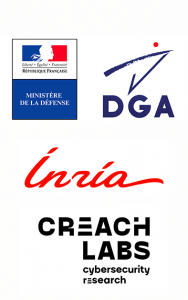| In collaboration with |
 |
Embedded electronic systems and their associated softwares are used in an always increasing number of daily life, industrial and government applications. The security of these systems is a major societal, economic and sovereignty issue. This leads to increasingly activities in research and development by scientists, industry and government services, and especially around the region around Rennes.
The topics that will be discussed during the seminar address the study, the analysis, the performance and security evaluation, the validation, and regulatory aspects of all components of secure embedded electronic systems. All these points will be addressed both at theoretical and experimental levels. Among the discussed topics, one can find: basic elements and components in electronic circuits (FPGA, ASIC, smart-cards, micro-controller), associated softwares, cryptographic primitives, crypto-processors and accelerators, secure storage, secure communication on chip, etc. One can also find secure architecture design, hardware/software co-design, performances analysis, security modules (active and passive countermeasures, secure test systems, secure memories, secure communication on chip, etc.), side channel attacks, fault injection attacks, methods and tools for reverse engineering, CAD tools and formal tools for electronic (for design or test), etc.
Scientific board
The scientific committee is in charge of the practical organization and the program definition of the seminar.
Its members are:
• Vianney Lapôtre (UBS, Lab-STICC)
• Rachid Dafali (DGA)
• David Elleouet (DGA)
• Ruben Salvador (CentraleSupélec, IRISA)
• Jordane Lorandel (Université de Rennes, IETR)
• Maria Mendez Real (Université de Nantes, IETR)
• Ronan Lashermes (Inria Rennes)
• Guénaël Renault (ANSSI)
• Jose Lopes Esteves (ANSSI)
Talks
A seminar session will include two 45-minute talks followed by questions. The complete duration (talk + questions) for each presenter will be 1 hour.
If needed, the scientific committee may propose two short 25-minute talks instead of one 45-minute talk.
People attending to this seminar may have very different backgrounds. Then, it is required that the presenter motivates her/his work and provides explanations in a simple and clear language.



